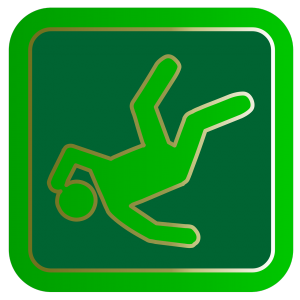 Falling as a result of slipping or tripping can result in serious injuries – broken bones, torn ligaments, deep lacerations, facial fractures, and broken teeth. These injuries can require surgery, physical therapy, and weeks or months of recovery. If you’ve fallen on someone else’s property and have been injured, the question then becomes whether or not the property owner can be held liable for your injuries and resulting losses.
Falling as a result of slipping or tripping can result in serious injuries – broken bones, torn ligaments, deep lacerations, facial fractures, and broken teeth. These injuries can require surgery, physical therapy, and weeks or months of recovery. If you’ve fallen on someone else’s property and have been injured, the question then becomes whether or not the property owner can be held liable for your injuries and resulting losses.
In many cases, these falls are the result of the property owner’s negligence – they failed to maintain their property in a condition that was safe for their guests and other visitors. An experienced personal injury attorney can help you assess whether the property owner should be held liable and whether you can recover compensation for your injuries.
However, even if the property owner failed to maintain their property in a safe condition, it may come as no surprise that the property owner is likely to claim that they should not be held liable for your injuries.
 Georgia Injury Lawyers Blog
Georgia Injury Lawyers Blog









 The NHTSA recently
The NHTSA recently 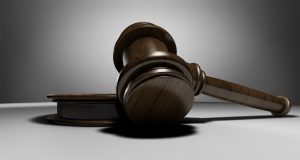 If you’ve been injured in an accident, you may be tempted to try to handle your claim without an attorney. In our experience, however, non-lawyers who handle their own claims typically wind up with a less favorable result. And once you settle your claim, that’s it – you can’t go back and ask for more. Hiring a personal injury attorney can make sure that you get a fair result and that all of your losses are covered.
If you’ve been injured in an accident, you may be tempted to try to handle your claim without an attorney. In our experience, however, non-lawyers who handle their own claims typically wind up with a less favorable result. And once you settle your claim, that’s it – you can’t go back and ask for more. Hiring a personal injury attorney can make sure that you get a fair result and that all of your losses are covered. 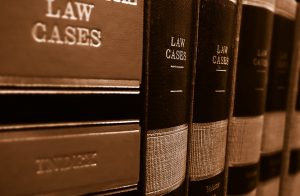 Most people may never hire an attorney, typically because the need never arises. But if you’ve recently been injured in an accident, you may be asking yourself whether you should hire a lawyer.
Most people may never hire an attorney, typically because the need never arises. But if you’ve recently been injured in an accident, you may be asking yourself whether you should hire a lawyer.  Accidents happen every day. Thankfully, most of them are minor, but many can result in life-changing injuries. If you’ve been injured in an accident due to someone else’s negligence, you may have a legal claim against them in order to receive compensation for your injuries. However, there are first five things you need to do in order to protect your rights.
Accidents happen every day. Thankfully, most of them are minor, but many can result in life-changing injuries. If you’ve been injured in an accident due to someone else’s negligence, you may have a legal claim against them in order to receive compensation for your injuries. However, there are first five things you need to do in order to protect your rights. 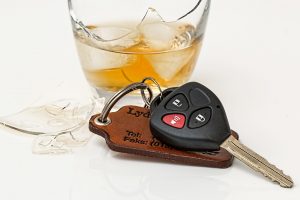 In a
In a 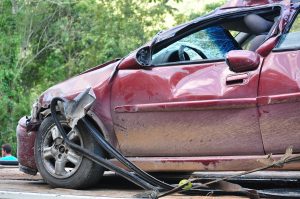 If you’ve been involved in a car accident, witness statements can be vital to successfully recovering compensation for your injuries. A detailed, credible statement can help you settle your case or prevail at trial. They can also help confirm facts and prove details, as well as establish who was at fault in the accident. In order to make the most of your witnesses, it’s important to get them to provide a thorough and detailed statement. In this post, we’ll go over some suggestions to help you assemble a strong set of witness statements.
If you’ve been involved in a car accident, witness statements can be vital to successfully recovering compensation for your injuries. A detailed, credible statement can help you settle your case or prevail at trial. They can also help confirm facts and prove details, as well as establish who was at fault in the accident. In order to make the most of your witnesses, it’s important to get them to provide a thorough and detailed statement. In this post, we’ll go over some suggestions to help you assemble a strong set of witness statements.  Falling asleep behind the wheel is obviously dangerous – nodding off for just a moment can result in a catastrophic car accident. Unfortunately, simply driving while drowsy presents a bigger danger than you may think. The National Highway Traffic Safety Administration
Falling asleep behind the wheel is obviously dangerous – nodding off for just a moment can result in a catastrophic car accident. Unfortunately, simply driving while drowsy presents a bigger danger than you may think. The National Highway Traffic Safety Administration 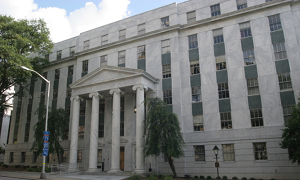 Most non-lawyers are very hesitant to go to court, hoping that their case will quickly settle.
Most non-lawyers are very hesitant to go to court, hoping that their case will quickly settle. 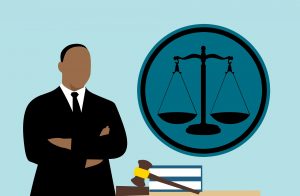 Personal injury cases fall under the umbrella category of what is referred to as “tort law.” A
Personal injury cases fall under the umbrella category of what is referred to as “tort law.” A